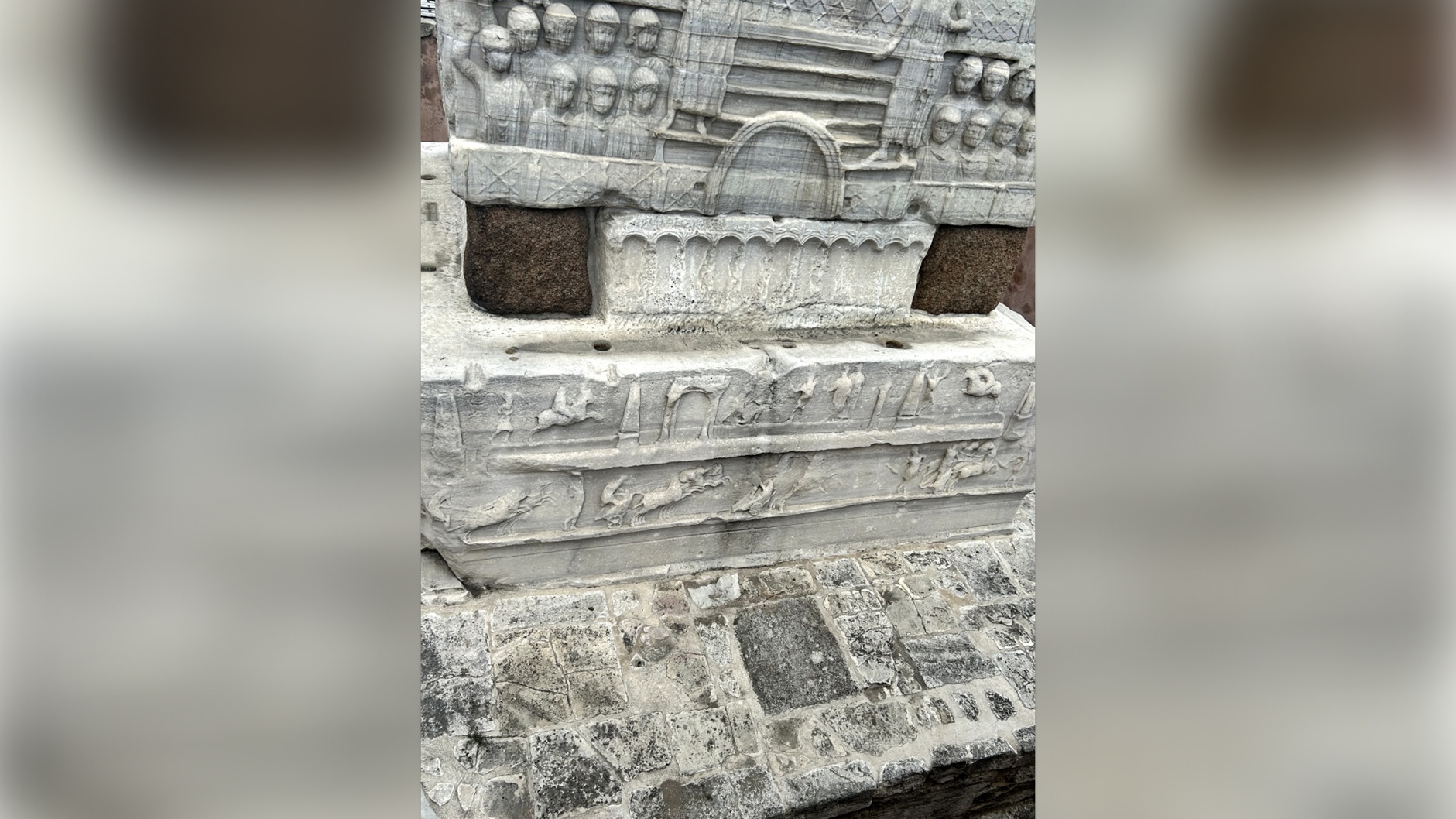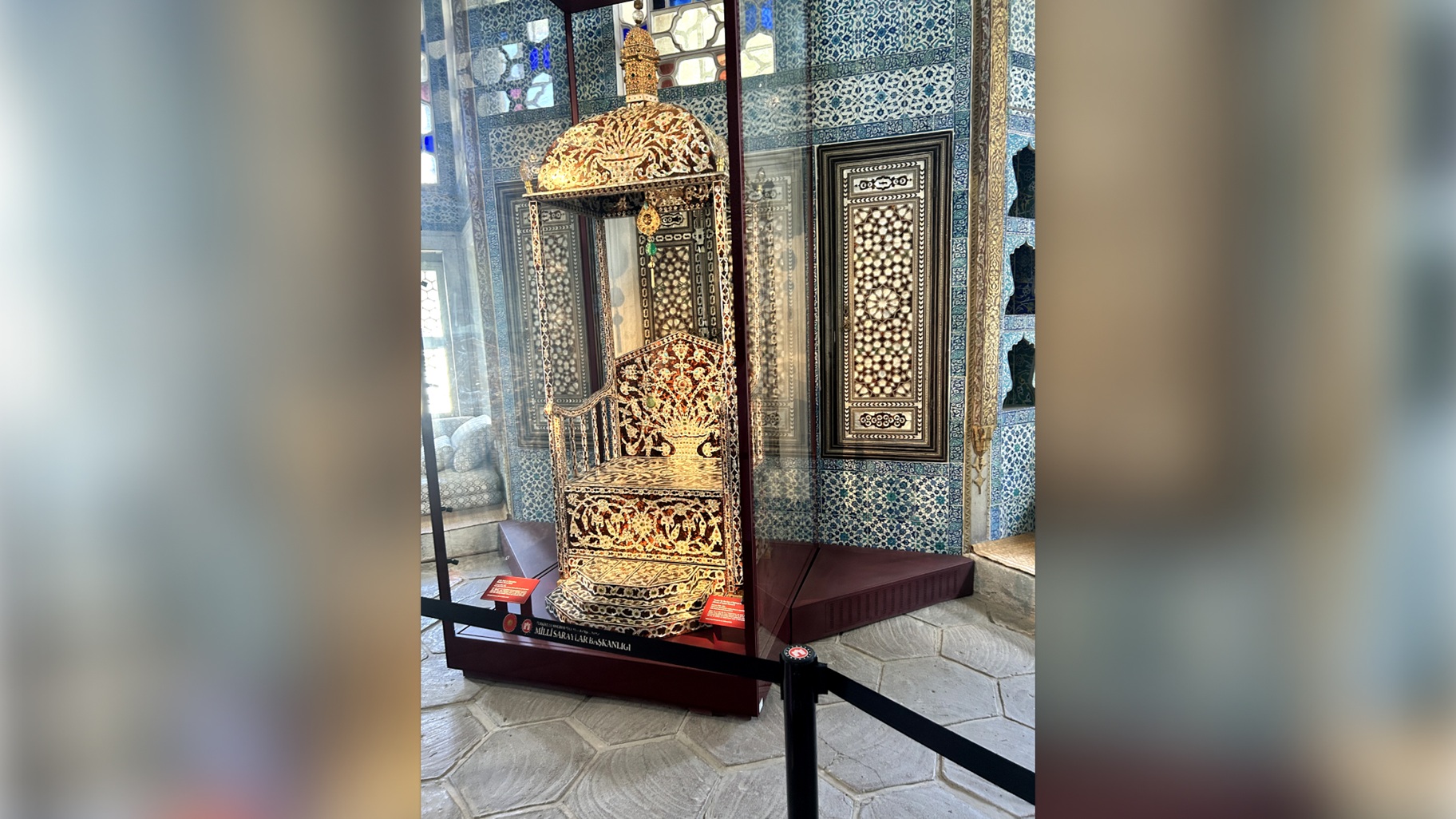
The Maccabean Rebellion and the Hidden Stories of the Apocrypha
1The Apocrypha, meaning “The Secret or Hidden Things,” is a section of certain Bibles that contains stories and historical accounts not included in the Hebrew Canon. The Jewish community does not consider these books as inspired Scripture, and neither Jesus nor the New Testament quotes from them. However, early Christians permitted the Apocrypha to be read in private, though not in public worship. Today, its main significance lies in providing insights into the turbulent years between the Old and New Testaments.
Antiochus IV and the Persecution of the Jews
After the death of Alexander the Great, his vast empire fractured, and his generals fought amongst themselves for control. The region of Palestine, caught between the powers of Syria and Egypt, changed rulers numerous times, at one point shifting hands five times in just twenty years. When Egypt’s influence waned, Syria, under the Seleucid dynasty, gained control over Palestine, and the Jews initially enjoyed a measure of religious autonomy.
In 175 BC, Antiochus IV ascended the throne of Syria. A proud and vain ruler, Antiochus adopted the title “Epiphanes,” meaning “the image of God.” His subjects, however, often referred to him mockingly as “Epimanes,” meaning “the madman.” Antiochus was deeply enamored with Greek culture and sought to impose Hellenistic practices on all his subjects, including the Jews.
In 169 BC, Antiochus attempted to conquer Egypt but failed with Roman intervention. In his frustration, he turned his wrath upon the Jews of Palestine, unleashing a brutal campaign of terror in Jerusalem. Thousands of Jews were killed, and many others were enslaved. The sacred Temple in Jerusalem was plundered—golden altar pieces, candlesticks, and holy vessels were taken, and the sacred precincts desecrated.
Antiochus’s policies sought to eradicate Jewish religious practices. He ordered that a statue of the Greek god Zeus be placed in the Temple, and pigs were sacrificed on the altar. The gates and doors of the Temple were destroyed, and the Jews were forbidden to practice their faith. The Torah was systematically destroyed, the Sabbath was abolished, and the circumcision of male infants was outlawed. Soldiers went so far as to kill and roast pigs in the streets, forcing Jews to eat the flesh of these unclean animals. Officers were dispatched to enforce the laws throughout every town and village.
This period of intense persecution, however, led to a surprising outcome: a significant number of Jews, both in Palestine and beyond, became more resolute in their faith. Stories of courage, resilience, and hope emerged during these dark times, many of which are found in the books of 1 Maccabees and 2 Maccabees in the Apocrypha. These accounts, though likely embellished with elements of legend, serve to encourage the Jewish people to resist the oppressive forces and maintain their devotion to God.
The Martyrdom of Eleazar
One of the most poignant stories from the era of Antiochus IV is the account of Eleazar, a ninety-year-old man who was forced to eat the flesh of a pig to comply with the king’s orders. Eleazar, a man of great respect in his community, was offered a secret way out by his captors—he could pretend to eat the pork, thereby avoiding death. But Eleazar refused. He declared, “Such pretense is not worthy of our time of life.” His commitment to the Law led to his gruesome execution. As he suffered excruciating pain on the rack, Eleazar’s final words were a testament to his unwavering faith: “I am enduring terrible sufferings in my body under this beating, but in my soul I am glad to suffer these things because I fear God.”
This story, among others in 2 Maccabees, aims to inspire hope and courage in the face of persecution, urging Jews to remain steadfast even in the darkest moments.
The Book of Daniel and Its Hidden Messages
Another well-known set of stories that emerged during the period of Antiochus IV was a collection of narratives about a figure named Daniel. The stories, though set in the earlier Babylonian exile, were clearly written with a contemporary audience in mind. They were designed to encourage Jews living under the oppression of Antiochus to remain faithful to their traditions.
The tales are framed as fictional accounts of four young Jewish men—Daniel (Belshazzar), Hananiah (Shadrach), Mishael (Meshach), and Azariah (Abednego)—who were chosen to serve in the court of the Babylonian king, Nebuchadnezzar. In one story, the four men refused to eat the king’s rich food, requesting instead to be fed only vegetables for ten days. At the end of the period, they were found to be healthier than those who ate the royal fare. This narrative subtly encouraged the Jews to resist Antiochus’s demand to consume unclean foods, offering the assurance that faithfulness to God would bring divine protection.
Another story within the book recounts Nebuchadnezzar’s dream of a large tree that reached into the heavens, which was later interpreted by Daniel as a symbol of the king’s rule. The image of the tree’s eventual destruction and the rise of a new, eternal kingdom hinted at God’s ultimate sovereignty, offering comfort to the Jews living under Antiochus’s tyrannical reign. Though these stories were set in Babylonian times, they served as a veiled critique of Antiochus and his arrogance, drawing parallels between his madness and Nebuchadnezzar’s own descent into insanity.
The Maccabean Revolt
The relentless oppression under Antiochus eventually sparked a full-scale rebellion, known as the Maccabean Revolt. It began in the village of Modein, located about 17 miles northwest of Jerusalem. Antiochus’s officers arrived in Modein to enforce the sacrifice to Greek gods. The villagers were gathered in the marketplace, where they were urged to offer a sacrifice to the Greek deities. One man, however, defied the king’s command and moved toward the altar. Mattathias, a priest in the village, was enraged. He killed the traitor on the spot and then struck down the king’s officer who had commanded the sacrificial offering. With his sons, Mattathias fled into the hills, rallying others to join the resistance.
As the revolt grew, many Jews joined the rebels, refusing to obey the king’s commands. They tore down the altars to Greek gods, circumcised their sons, and waged guerilla warfare against the Syrian forces. The resistance, now led by Mattathias’s son Judas, who earned the nickname Maccabee (“the Hammer”), gained momentum. Under Judas’s leadership, the Jewish forces achieved significant victories, and after Mattathias’s death, Judas continued the fight for Jewish independence.
The Maccabean Wars ultimately led to the establishment of an independent Jewish state. In 143 BC, Simon, the brother of Judas, succeeded in consolidating power after the assassination of his brother Jonathan. Two years later, Judea gained full independence, marking a significant moment in Jewish history.
Conclusion
The stories found in the Apocrypha, especially those detailing the reign of Antiochus IV and the Maccabean Revolt, provide a rich historical and theological context for understanding the struggles of the Jewish people during the intertestamental period. They not only offer a glimpse into the religious and political challenges faced by the Jews but also highlight their resilience, faith, and determination to preserve their traditions in the face of overwhelming adversity. These accounts continue to inspire and encourage people of faith, even today, to stand firm in their beliefs, no matter the trials they face.
Footnotes
- 1 Maccabees 1 (Apocrypha); 2 Maccabees 6 and 7 refer to the atrocities of Antiochus IV above. ↩︎




